.svg)
.svg)
.svg)
.svg)
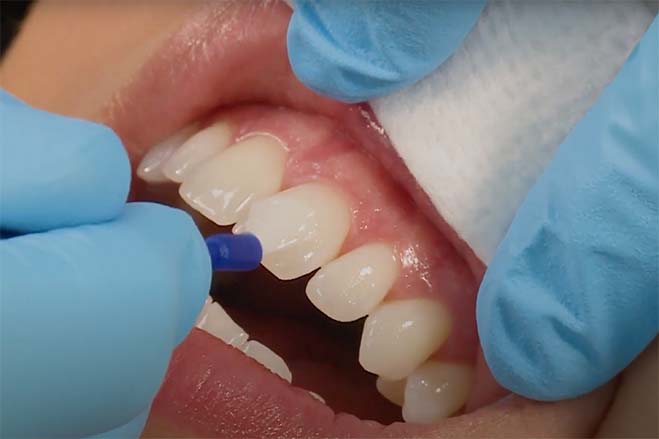
Topical Fluoride Treatment
Topical fluoride is a dental treatment involving fluoride. Fluoride is a mineral that can help strengthen tooth enamel, helping to prevent dental caries, slow it down, or stop it from getting worse.
In addition to having this treatment done, flossing daily, getting regular dental check-ups done, and eating a nutritious diet, are essential to getting ideal results.
What is Topical Fluoride?

What is Topical Fluoride?
Highly concentrated topical fluoride is directly applied to your tooth surface. It works by reducing the loss of and increasing the uptake of essential minerals to your permanent teeth and inhibiting decay-causing bacteria, thereby preventing tooth decay.
Guidelines recommend for topical fluoride products to be professionally applied to your teeth at least twice per year. This can be up to four times in patients with a high risk of tooth decay. Adults and children, 3+ years of age can receive topical fluoride.
There are many forms of topical fluoride that dental professionals can apply to your teeth, ranging from a varnish that is simply coated over your teeth to a gel that is placed in trays over your teeth.

Benefits of Topical Fluoride Treatment
Reduces the Need for Costly Procedures Later
The best measure is always preventive. In order to avoid needing to restore teeth through costly procedures such as dental crowns, bridges or implants, it is essential that we keep our teeth strong, healthy and in good condition. Fluoride is an effective method in restoring lost minerals and rebuilding the layers of the teeth.
Types Of Fluoride Treatment
Fluoride Varnish
If you're looking for extra cavity protection, all the fluoride options below are topical treatments - they work by coming into direct contact with your teeth. Whether you're choosing care for your child or looking for stronger protection for yourself, these methods are safe, effective, and tailored to different needs.
- Fluoride varnish is a concentrated fluoride coating applied directly to your teeth using a small brush or swab. Dentists recommend it for children and for adults who are at higher risk of cavities.
- The varnish hardens quickly when it touches saliva, forming a thin protective layer over the teeth. Because only a very small amount is used, it’s safe even for young children.
- This treatment is quick, comfortable, and keeps fluoride in contact with your teeth for several hours. It may give your teeth a slightly yellow or dull look at first, but this fades within a day as the varnish naturally wears off.
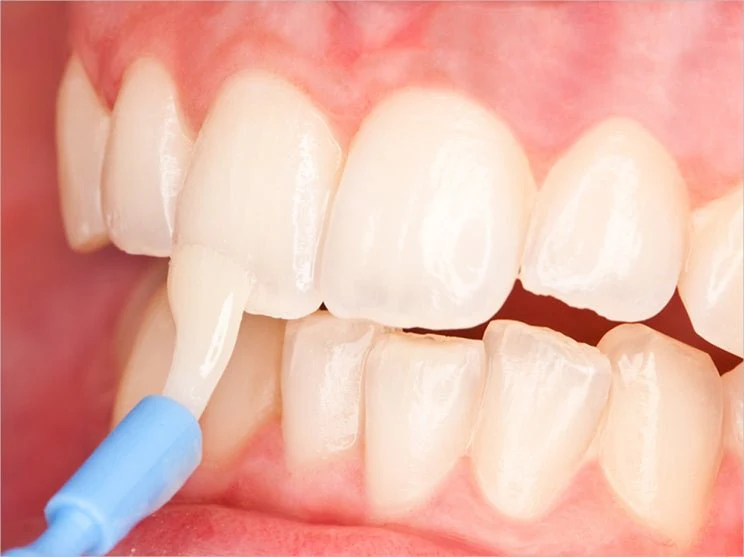
Fluoride Gel Or Foam
- Fluoride gel or foam goes into a tray that fits over your teeth. You wear it for about 4 minutes so the fluoride coats every surface.
- This has been around for ages and works well to prevent decay. It can feel a bit messy or awkward if you have a strong gag reflex.
- Because the tray holds more fluoride than varnish, there’s a higher chance of swallowing some. Dentists usually don’t do this for very young kids, but it’s a good option for adults and older children.
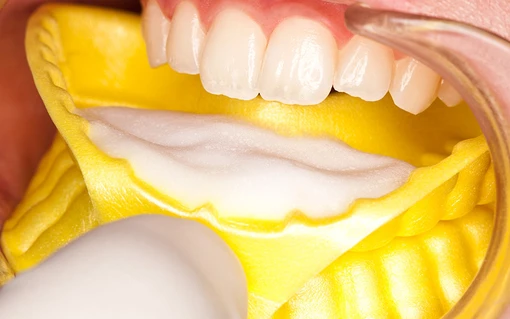
Fluoride Rinse
- Fluoride mouth rinses are swished for about a minute, then spat out. Dentists might give you a strong rinse in the office or prescribe one for home.
- This is easy and simple to use. Good for people who can’t handle varnish or trays but still want extra protection.
- Kids under 6 shouldn’t use fluoride rinses – they might swallow it. Older kids and adults, especially with braces or multiple cavities can benefit from regular use.
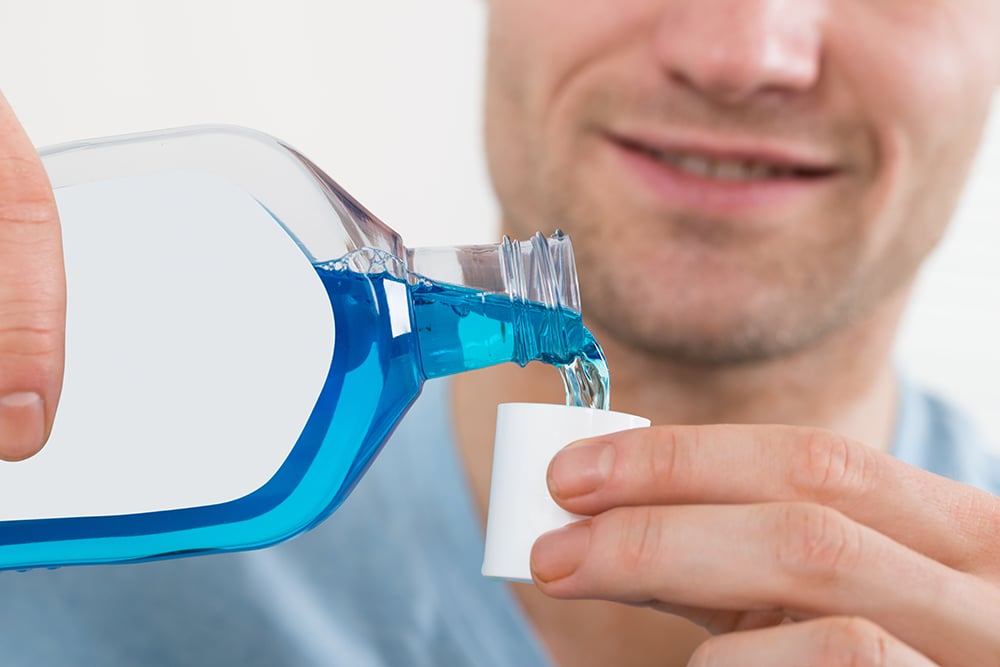
Fluoride Toothpaste
- Fluoride toothpaste is the norm for most people. Most brands have 1,000–1,500 ppm (parts per million) fluoride which is good for daily protection if you’re average risk.
- If you’re higher risk, your dentist might prescribe toothpaste with up to 5,000 ppm. That’s extra protection against enamel breakdown and early decay.
- Brushing twice a day with fluoride toothpaste is the foundation of good oral care. Easy, affordable and works best when combined with check-ups and a decent diet.
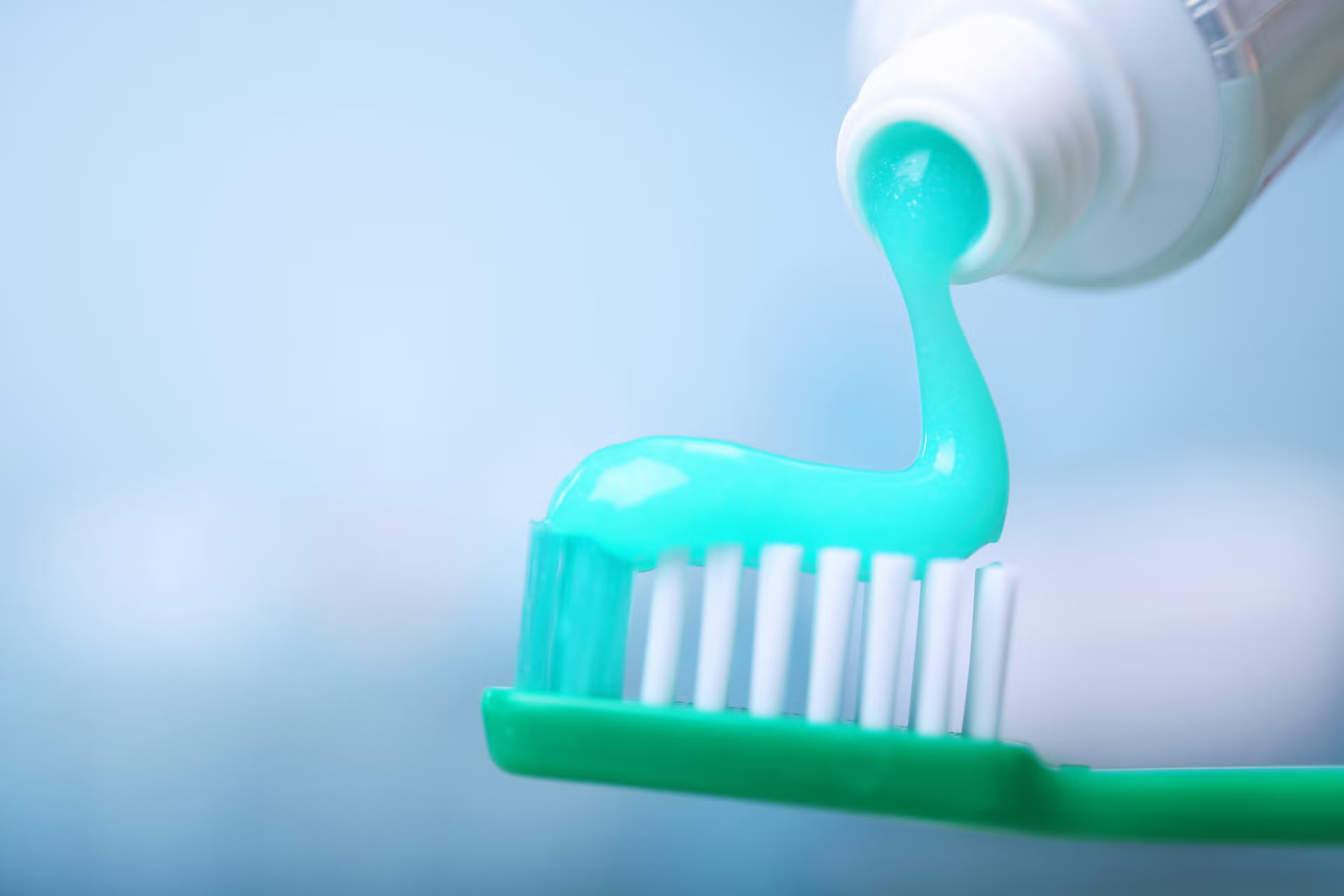
Prescription Fluoride Products
- Some people need more than regular toothpaste or rinse. Dentists might prescribe high strength gels, rinses or custom trays for use at home.
- These are usually for people with dry mouth, frequent cavities or braces. They give you targeted fluoride exposure that over-the-counter stuff just can’t match.
- Since these are stronger, you need to follow your dentist’s instructions closely. That way, you’ll get the most protection in a safe manner.

What Does the Procedure Involve?
Stage 1: Pre-Application
- Routine Cleaning
Stage 3: Post-Application Care
After your topical fluoride application is complete, you should not eat, drink, and rinse for at least 30 minutes to enhance the protective effects on your teeth.
Finally, you will be advised by your dentist on how often you should return for future topical fluoride applications.
Stage 2: Topical Fluoride Application
- Coat of Varnish Applied
Your teeth will then be dried before the topical fluoride is applied. If a varnish is used, it will be directly coated over your teeth with a brush.
- Different Methods of Application

The Nuffield Dental Clinic Network In Singapore
Seletar Dental
Nuffield Dental Seletar
Greenwich V
1 Seletar Road #01-07/08
Singapore 807011

Kovan Dental
Nuffield Dental Kovan
Simon Plaza
2 Kovan Road #01-03
Singapore 548008

Serangoon Dental
Nuffield Dental Serangoon Gardens
Serangoon Garden Estate
57 Serangoon Garden Way
Singapore 555953

Siglap Dental
Nuffield Dental Siglap
The Domain
914 East Coast Road #01-03
Singapore 459108

Bedok Dental
Nuffield Dental Simpang Bedok
East Village
430 Upper Changi Road #01-64
Singapore 487048

Holland Village Dental
Nuffield Dental Holland Village
7 Holland Village Way #03-16
Singapore 275748

Jurong East Dental
Nuffield Dental Westgate
Westgate
3 Gateway Dr #04-32
Singapore 608532

HarbourFront Dental
Nuffield Dental HarbourFront
HarbourFront Centre
1 Maritime Square #02-64A
Singapore 099253

Orchard Dental
Nuffield Dental Jewel
Wheelock Place
501 Orchard Road #05-01
Singapore 238880

Raffles Place Dental
Nuffield Dental Raffles Place
One Raffles Place
1 Raffles Place #05-19
Singapore 048616


Book an Appointment
Fill out the form for any request or questions you have and we will contact you within one working day..

Why Choose Nuffield Dental?
Nuffield Dental is a one-stop, multi-disciplinary dental care centre. At Nuffield, we put you first. We believe in providing personalised service for each patient.
Nuffield Dental is a one-stop, multi-disciplinary dental care centre. Here at Nuffield Dental, we pride ourselves of our personalised oral care for each and every one of our patients. We need to make sure you get all the help you need to make your dental procedures comfortable, accessible and seamless.

Our dentists have specialised in general dentistry services for 20+ years. We have accredited dental providers who are skilled in the area of dental implant surgery.
Articles
The newest and best lifestyle articles selected by our editorial team.

- 17 Nov 2025
- 2 mins read
Current scientific evidence does not show a conclusive connection between intact dental amalgam fillings and symptoms such as brain fog, chronic...

- 17 Nov 2025
- 2 mins read
The Minamata Convention on Mercury established 2034 as the global target year to end the use of dental amalgam. While this may seem gradual, the...

- 17 Nov 2025
- 2 mins read
Dental amalgam has been used in restorative dentistry for more than 150 years. It has long been regarded as a durable and practical material....
.png?width=2223&height=447&name=Background%20(4).png)


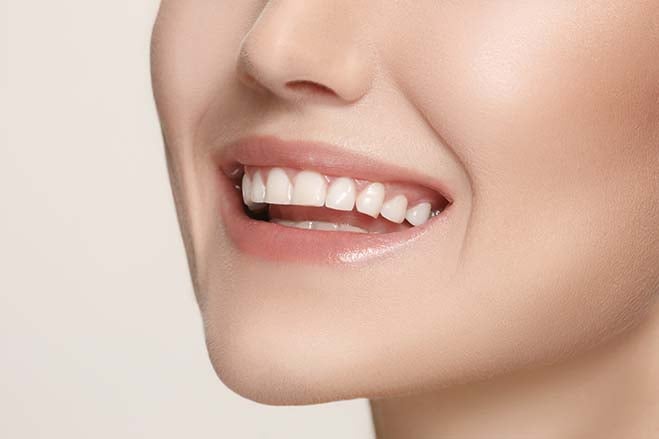

.png)

.png)



